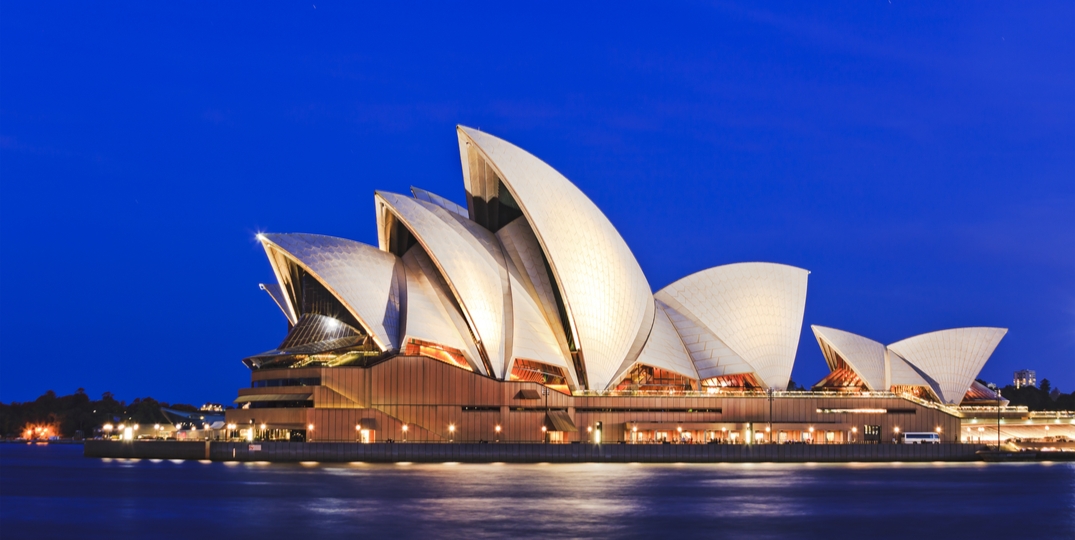

Australia Permanent Residency (PR)
Australia offers a range of permanent residency pathways for skilled professionals, business owners, and families wishing to live, work, and settle in the country. As a permanent resident of Australia, you can access Medicare (public healthcare), sponsor eligible relatives, study, and apply for citizenship after fulfilling the residency requirement.
Two of the most common and sought-after PR pathways are:
1. Skilled Migration - Work-Based PR Pathway
Australia's Skilled Migration Program is designed to attract qualified professionals and tradespeople who can contribute to the country's economy and fill skill shortages in various sectors.
Applicants are selected based on a points-tested system, considering factors like:
- • Age
- • Educational qualifications
- • Skilled work experience
- • English language proficiency (IELTS, PTE, etc.)
- • Australian study or work experience
- • Nomination by a state or territory
Popular Skilled Migration Visa Subclasses:
Subclass 189 - Skilled Independent Visa (Points Tested Stream)
- • No sponsorship required
- • Permanent visa
- • For highly skilled individuals invited through SkillSelect
- • Can live and work anywhere in Australia
Subclass 190 - Skilled Nominated Visa
- • Requires nomination by an Australian state or territory
- • Permanent visa
- • Candidates must commit to living in the nominating state for at least 2 years
Subclass 309 - Partner (Provisional) Visa
- • Temporary visa leading to permanent Partner visa (Subclass 100)
- • Allow the partner or spouse of an Australian citizen, permanent resident, or eligible New Zealand citizen to live in Australia.
- • Applicant must be outside Australia when applying and when the visa is granted.
- • Grants the right to work, study, and travel in and out of Australia while awaiting permanent visa decision.
- • Requies evidence of a genuine and ongoing relationship with the sponsoring partner.
Subclass 491 - Skilled Work Regional (Provisional) Visa
- • Requires nomination by a regional state/territory or sponsorship by an eligible family member in a designated regional area
- • 5-year temporary visa with a pathway to PR through subclass 191
- • Encourages migration to regional Australia
- Points-based and merit-driven
- Pathway to citizenship
- In-demand occupations updated regularly (MLTSSL, STSOL)
Tip: Some states offer nomination even with lower points if you have a strong regional tie or specific occupation.
2. Family Class PR - Reuniting Families in Australia
Australia supports the reunion of families through its Family Class Visa Program, allowing Australian citizens and permanent residents to sponsor close family members for PR. This is ideal for spouses, dependent children, and parents wishing to join their loved ones permanently.
Popular Family Visa Categories:
Partner Visa (Subclass 820/801 - Onshore and 309/100 - Offshore):
- • For spouses or de facto partners of Australian citizens or PRs
- • Temporary visa granted first, followed by PR after 2 years
- • Requires proof of genuine relationship
Parent Visa (Subclass 103 - Non-contributory / Subclass 143 - Contributory):
- • Permanent residence for parents of Australian citizens or PRs
- • Subclass 143 has faster processing but higher application cost
- • Balance of Family Test must be met
Child Visa (Subclass 101/802):
- • For dependent children of Australian citizens or permanent residents
- • Can be applied onshore or offshore depending on circumstances
Other Family Visas:
- • Aged Dependent Relative Visa
- • Remaining Relative Visa
- •Carer Visa
Sponsor Requirements:
- • Must be 18+ years old
- • Must be an Australian citizen, PR, or eligible NZ citizen
- • Must meet character and income criteria (for some streams)
- • Must provide documentation of the relationship and intent to support
- Permanent residency with full rights
- Access to healthcare and education
- Path to Australian citizenship
Tip: Partner visas can be lodged while the applicant is in Australia (onshore) or outside (offshore), depending on their situation and legal status.
Why Migrate to Australia?
- • High quality of life and global ranking in safety, education, and healthcare
- • Booming job market with skill shortages across many industries
- • Clear PR pathways and citizenship benefits
- • Multicultural and inclusive society
